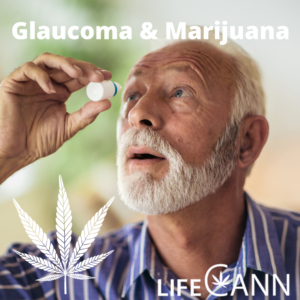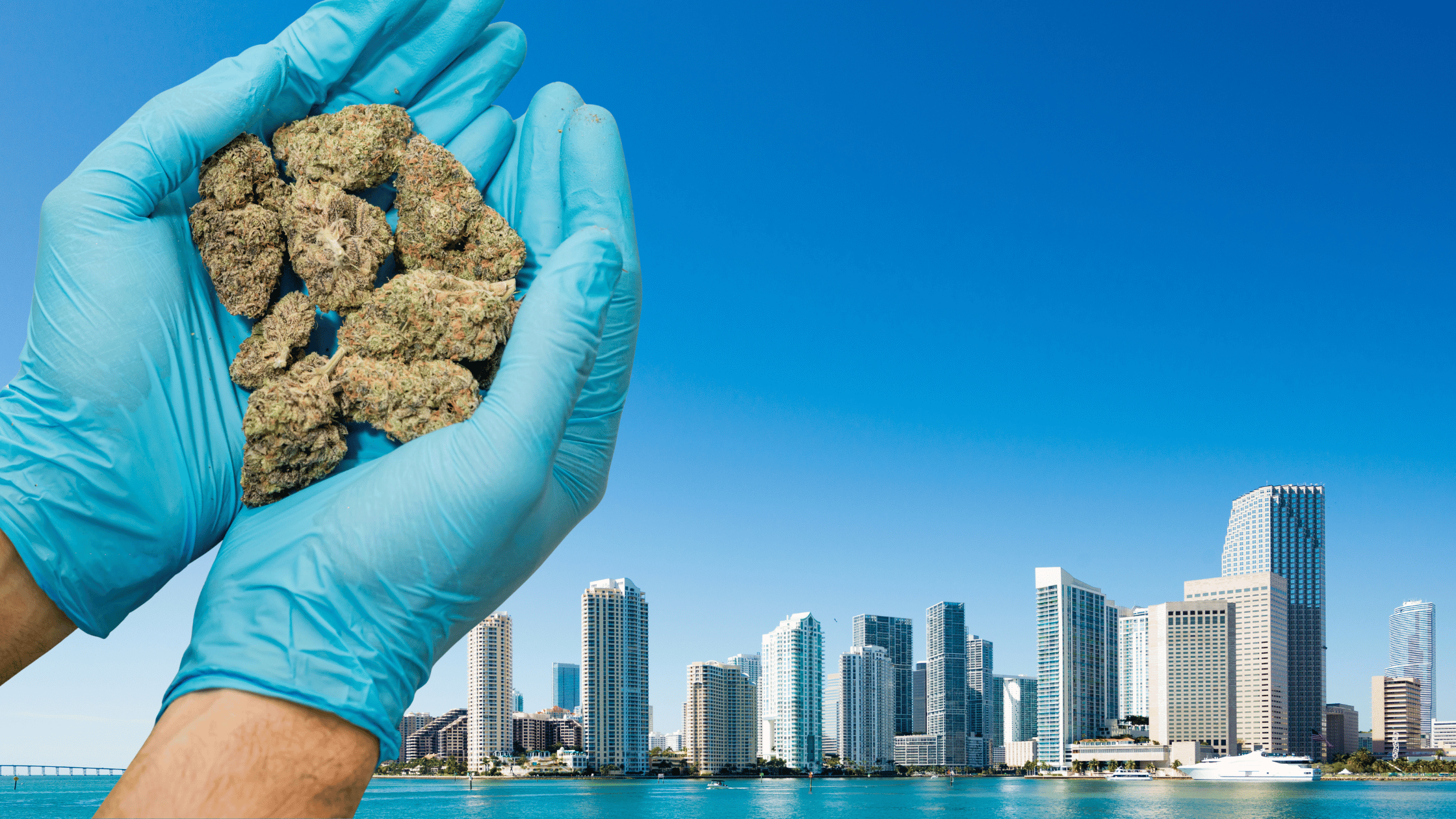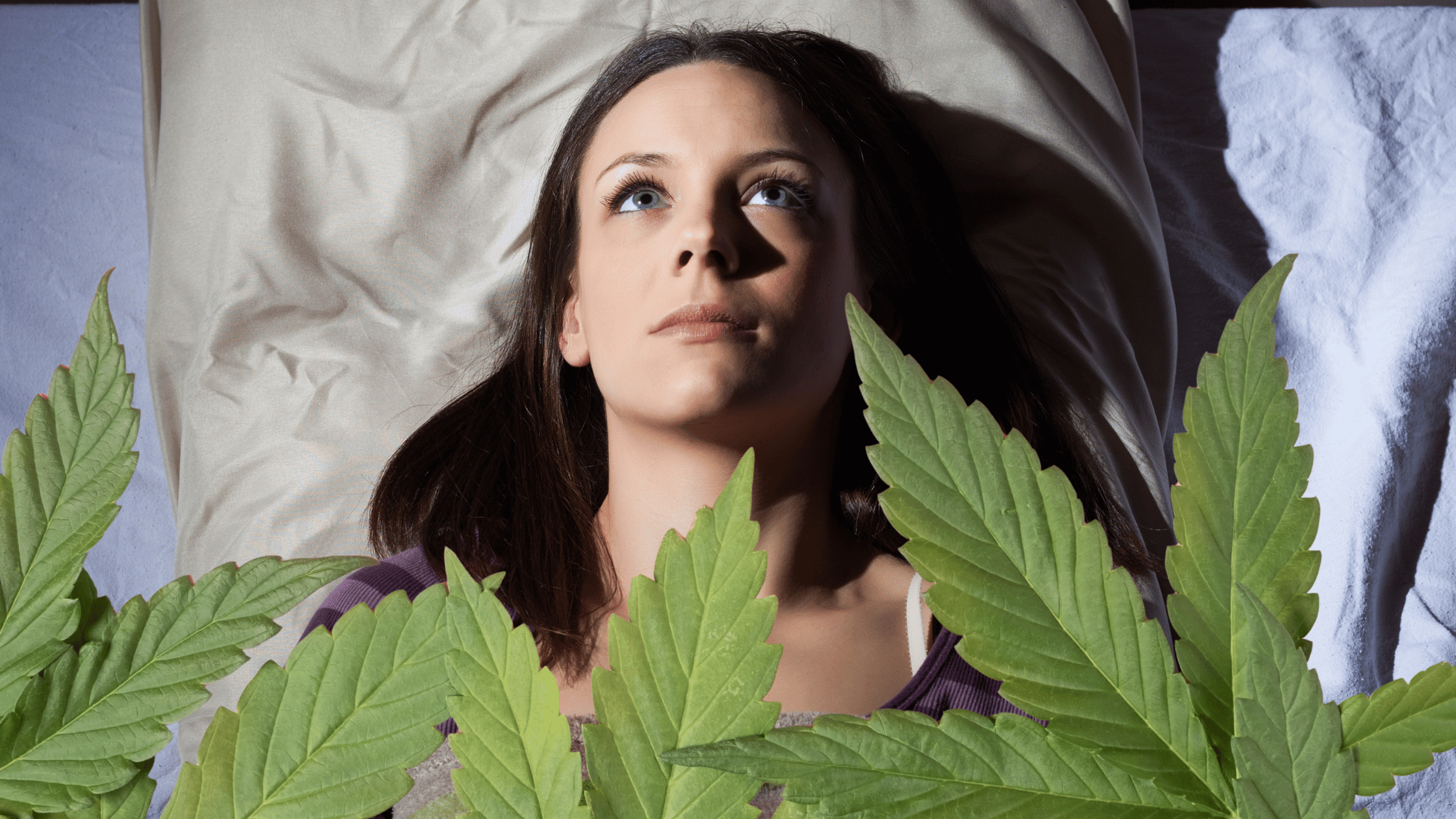 Primary open-angle glaucoma, often shortened to POAG, is a chronic ocular disease. POAG usually results in optic nerve damage by elevated intraocular pressure due to inadequate drainage of aqueous humor. This leads to vision deterioration and blindness.
Primary open-angle glaucoma, often shortened to POAG, is a chronic ocular disease. POAG usually results in optic nerve damage by elevated intraocular pressure due to inadequate drainage of aqueous humor. This leads to vision deterioration and blindness.
In 1972, it was discovered that THC lowers the Intraocular pressure (IOP) when Hepler and Frank studied the effects of marijuana in the IOP of marijuana smokers. Smoked herb as well as pure THC administered via intravenous or oral routes reduce the IOP. Most patients in these trials experienced a 25 to 30% reduction of the IOP.
To achieve this result, patients had to smoke several joints per day, smoking every 2 or 3 hours with the deleterious effects of smoking. The use of medical marijuana (10 to 30% THC) fortunately allows adequate dose to be delivered with only one or two inhalations. Chronic maintenance with oral Medical Marijuana / CBD capsules provides more sustained blood levels during periods of nocturnal inactivity. The only inconvenient is the psychic disturbances associated with first –pass liver metabolism and the resulting production of the psychoactive 11OH THC.
Mechanisms of action of cannabinoids in reduction of the IOP:
The actual mechanism as to why cannabinoids reduce the IOP is unknown. However, several hypotheses have been suggested:
- IOP reduction is a reflection of the systemic hypotensive reduction of cannabis. Meaning:
By lowering a patient’s blood pressure, the intraocular pressure is also relieved. - THC interferes with the ocular production of Prostaglandin E2. It is known that direct application of prostaglandins increases IOP, thus this hypothesis was formed. This hypothesis
seems to be doubtful since indomethacin does not affect IOP. - Effect on the adrenergic system, due to THC side-effects such as mucosa drying. We know
that cannabinoids and endocannabinoids have the capacity to act in lieu of neurotransmitters,
so this might have something to do with it.
A lot of education is needed regarding the therapeutic potential of marijuana. Wide lack of knowledge in the pharmaceutical and medical communities seems to be an endemic problem. Now that Medical Marijuana is legal in half of the States of the Union, a course for doctors and practitioners is needed.


